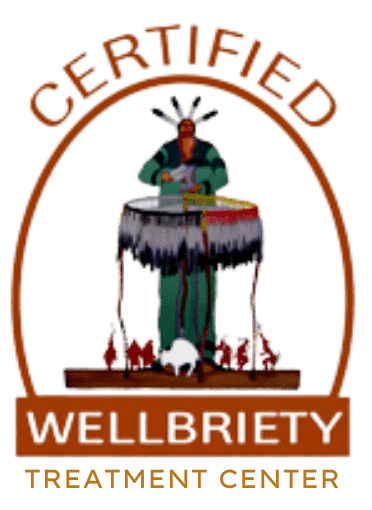Relocating can be an appealing option in recovery, especially early recovery, but it can also be an unhealthy form of escapism. A change of scenery may seem like the best thing for you when you are discouraged or when recovery is not going the way you had “planned.” The truth, however, is that recovery is a series of trial and error and that you will encounter speed bumps in your journey.
Like using or drinking, moving can actually be a coping mechanism. On the flip side, relocating could also be a good thing for you. A common recommendation in the recovery community is to not relocate during your first year of sobriety. But what if you don’t stay sober your first year in recovery? How do you know if relocating is the right thing to do?
When Moving Can Help
If you lack a support network in your current town, moving to a new place and create one for yourself could greatly benefit you. Similarly, if the only relationships you have in your town are with toxic people who are potential triggers, physically distancing yourself could be a very good thing for your recovery.
There may be other, entirely practical reasons for relocation, such as employment opportunities and cost of living. A new location could also expand your treatment options and sober network. Because city and state regulations vary widely, some locations have many more addiction treatment resources and centers; this might be a better option for someone who is new to recovery or for whom chronic relapse is an issue, as switching programs can provide a degree of change without introducing too much change at once, like a city or state move might.
When Relocating Can Harm
Early recovery is a sensitive time of emotional highs and lows, and staying in the same city or general geographic area can provide some needed stability. Grounding yourself in one place can help you to put down roots and build a network of supportive people, as well as help you maintain consistency in employment and housing. Having these types of things to center you can help immensely when re-orienting yourself after a lapse or relapse, or even just an emotionally trying day.
In the same way that leaving a negative environment behind can benefit you, leaving behind a positive environment for the unknown can be just as harmful. If you can’t seem to come up with any legitimate, viable reason for relocating… don’t. Uprooting yourself because you’re discouraged by your current situation or want to satiate a desire to physically escape your hardships is not valid and has the potential to put you in a precarious, or even harmful, situation.
If you are considering relocation, keep in mind that you want it to further your recovery, not set you back. Take time to consider your options to ensure that you make the best decision for yourself and not one based on impulsivity and fleeting emotions. Remember how, in the past, you would drink or use on a whim when you were overwhelmed; don’t let a similar situation take place.
Consider the pros and cons of your current situation and your potential situation, and talk to those you trust about what you are thinking.
If you or a loved one is ready to continue their recovery journey, we hope you’ll reach out to us at (877)-RECOVER. Royal Life Centers at Sound is an outpatient treatment facility located in Lacey, Washington. We offer aftercare at all levels of care— PHP, IOP, OP, and sober living— and our addiction specialists and staff are committed to upholding the highest standard of care.













